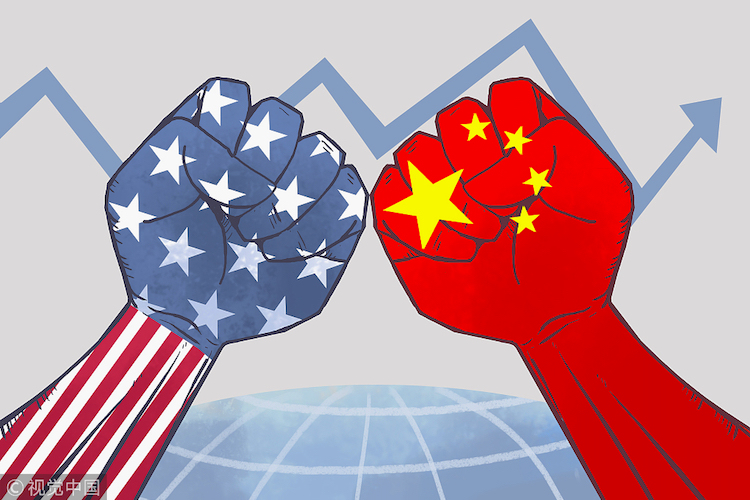By Jamshed Baruah
GENEVA (IDN | UNCTAD) – The ongoing U.S.-China trade war is not only hurting both countries but also affecting the stability of the global economy and jeopardizing future growth prospects, warns the UN in a new paper and adds that while China is losing, other economies – such as Taiwan, Mexico, the European Union and Viet Nam – are gaining.
The study, Trade and trade diversion effects of United States tariffs on China, shows that the trade war has resulted in a sharp decline in bilateral trade, higher prices for consumers and trade diversion effects such as increased imports from countries not directly involved in the trade war.
The paper analyses recently released trade statistics and finds that consumers in the U.S. are bearing the heaviest brunt of the U.S. tariffs on China, as their associated costs have largely been passed down to them and importing firms in the form of higher prices.
However, the study also finds that Chinese firms have recently started absorbing part of the costs of the tariffs by reducing the prices of their exports.
“The results of the study serve as a global warning. A lose-lose trade war is not only harming the main contenders, it also compromises the stability of the global economy and future growth,” cautioned Pamela Coke Hamilton, director of international trade and commodities at the UNCTAD, United Nations Conference on Trade and Development.
“We hope a potential trade agreement between the U.S. and China can de-escalate trade tensions,” she added.
According to the analysis, U.S. tariffs caused a 25% export loss, inflicting a US$35 billion blow to Chinese exports in the U.S. market for tariffed goods in the first half of 2019. However, despite the substantial tariffs, the competitiveness of Chinese firms has enabled the country to maintain 75% of its exports to the U.S.
The office machinery and communication equipment sectors were hit the hardest, suffering a $15 billion reduction of U.S. imports from China as trade in tariffed goods in those sectors fell by an average of 55%.
Trade of tariffed goods in sectors such as chemicals, furniture, and electrical machinery also dropped substantially according to the analysis.
Though the study does not examine the impact of the most recent phase of the trade war, it warns that the escalation in summer of 2019 is likely to have added to the existing losses.
While it does not consider the impact of Chinese tariffs on U.S. imports, the study indicates that qualitative results are most likely to be analogous: higher prices for Chinese consumers, losses for U.S. exporters and trade gains for other countries.
The study further points out that U.S. tariffs on China have made other players more competitive in the U.S. market and led to a trade diversion effect.
Of the $35 billion Chinese export losses in the U.S. market, about $21 billion (or 62%) was diverted to other countries, while the remainder of $14 billion was either lost or captured by U.S. producers.
According to the report, U.S. tariffs on China resulted in Taiwan (province of China) gaining $4.2 billion in additional exports to the U.S. in the first half of 2019 by selling more office machinery and communication equipment.
Mexico increased its exports to the U.S. by $3.5 billion, mostly in the agri-food, transport equipment and electrical machinery sectors.
The European Union gained about $2.7 billion due to increased exports, largely in the machineries sectors.
Viet Nam’s exports to the U.S. swelled by $2.6 billion, driven by trade in communication equipment and furniture.
Trade diversion benefits to Korea, Canada and India were smaller but still substantial, ranging from $0.9 billion to $1.5 billion.
The remainder of the benefits were largely to the advantage of other South East Asian countries.
Trade diversion effects favouring African countries have been minimal. [IDN-InDepthNews – 05 November 2019]
Image credit: VCG | China Daily
IDN is flagship agency of the International Press Syndicate.
facebook.com/IDN.GoingDeeper – twitter.com/InDepthNews

